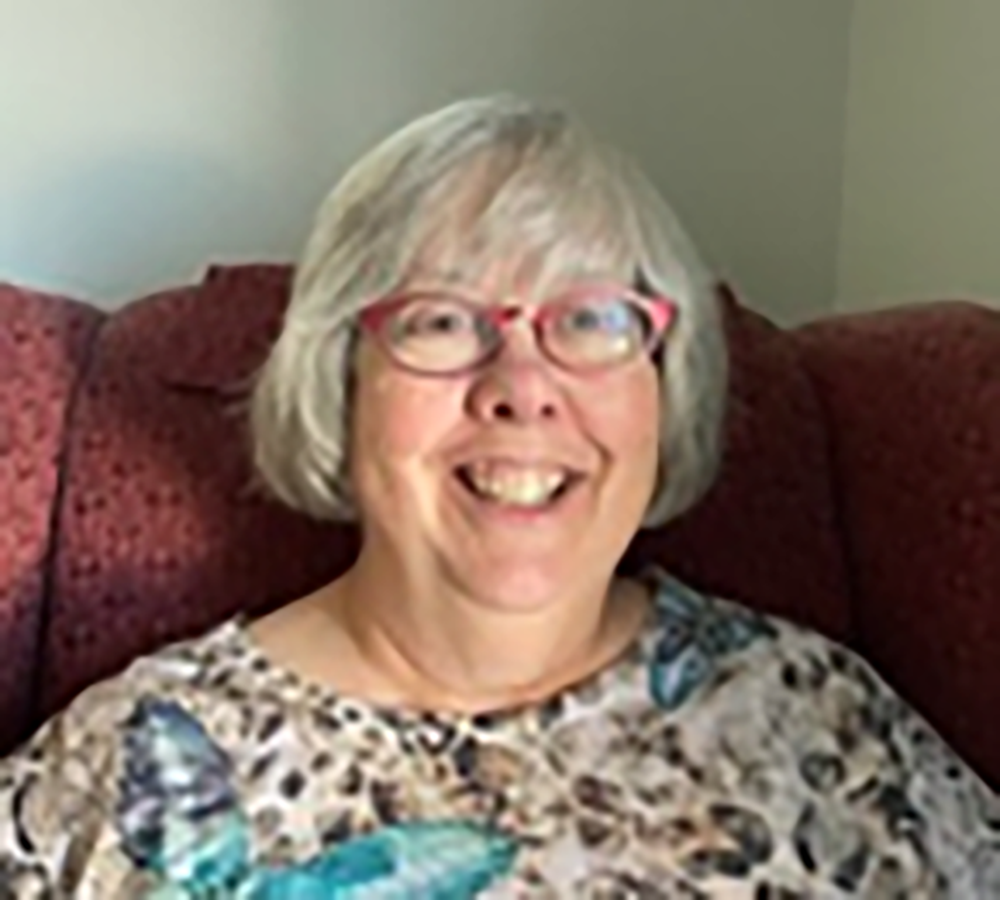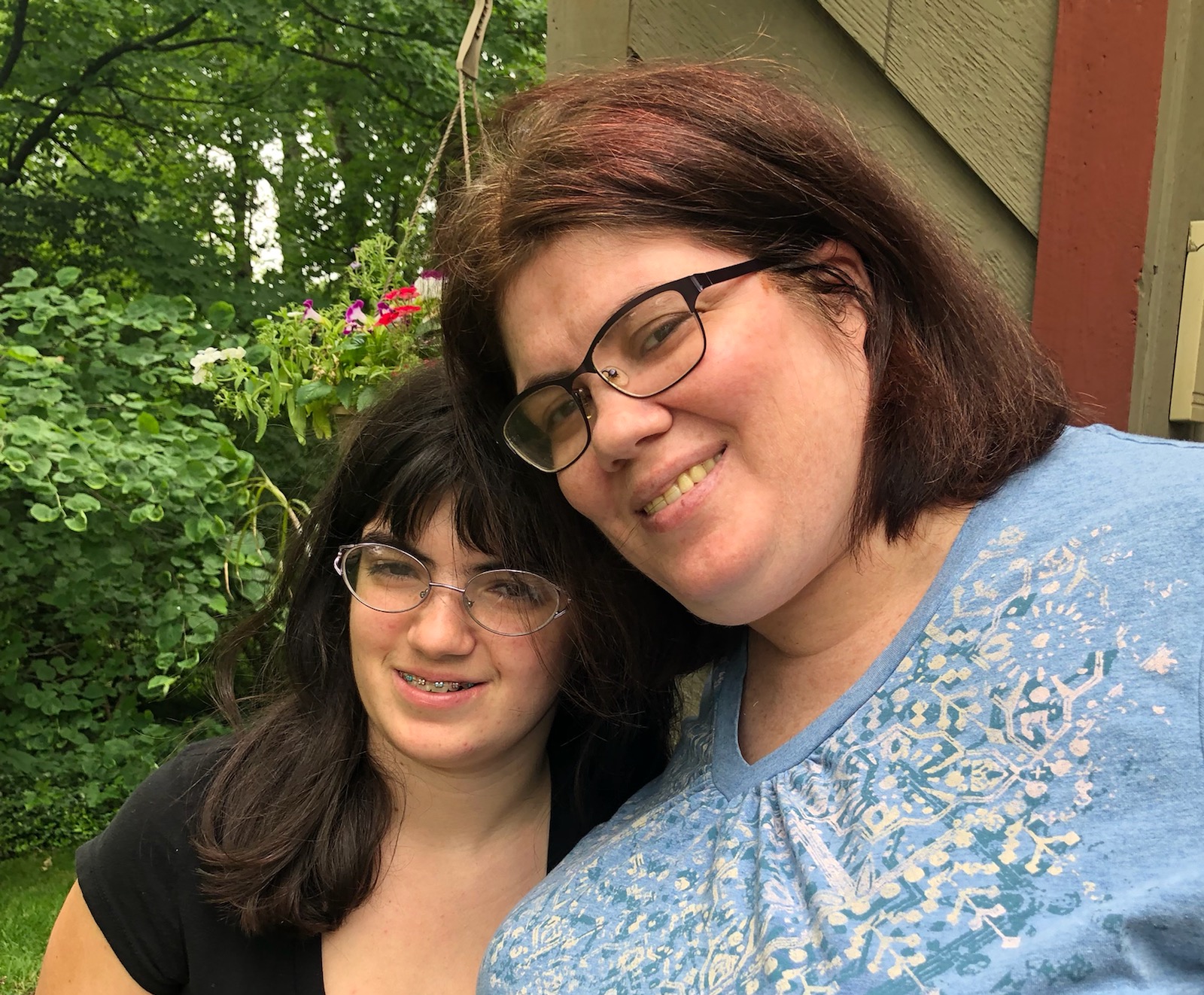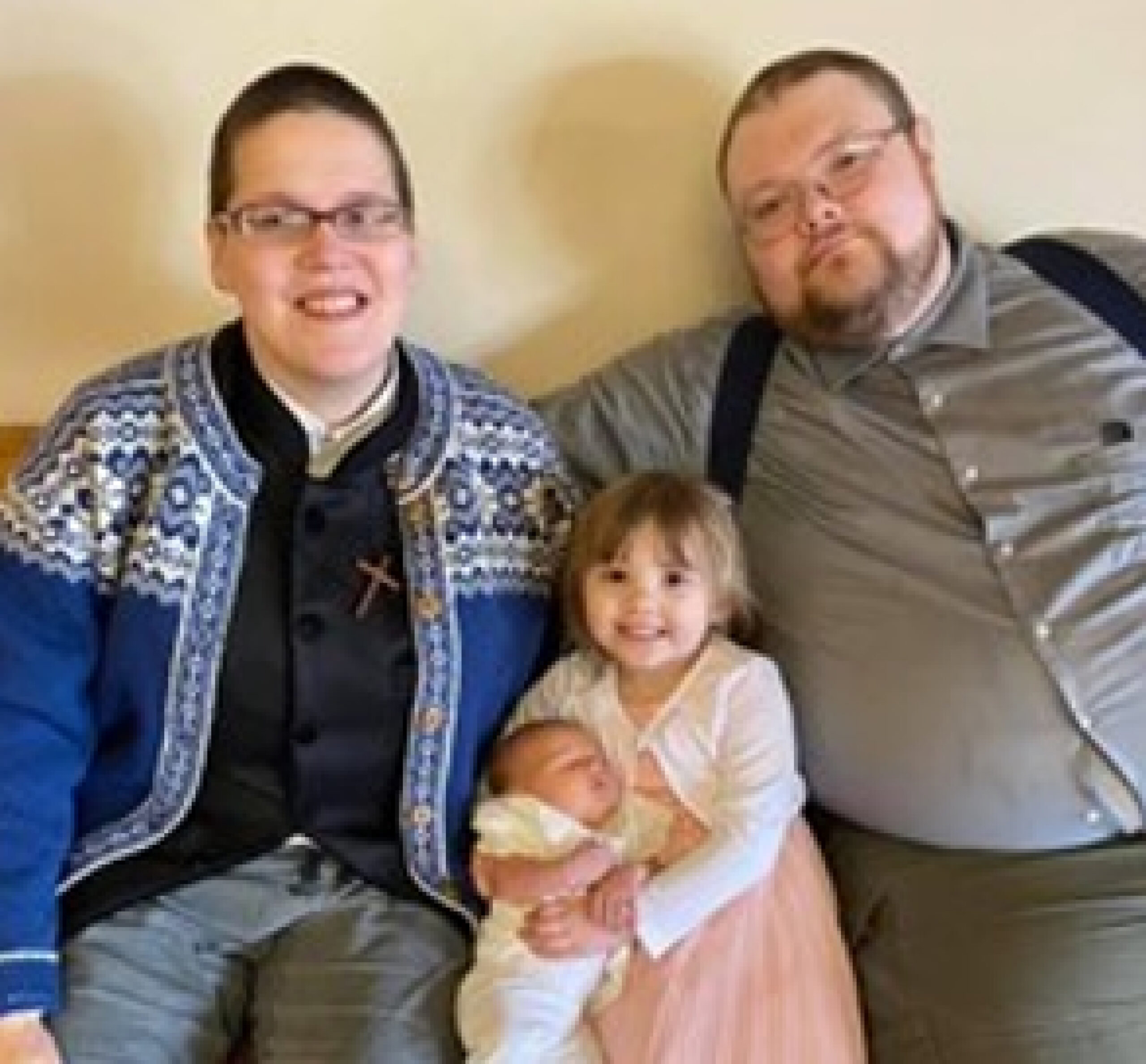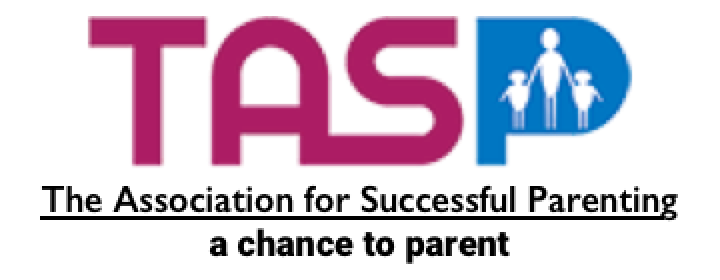May17, 2022
Tips for Managing your Money
Written By Cathy Haarstad, Lindsay Brillhart, and Ivanova Smith
Managing money can be overwhelming for any individual, especially if have children. What can we do to make money management clear and easy for parents with disabilities? Three of our board members, two parents with disabilities, and one parents of an adult daughter with disabilities, share tips and tricks that they’ve learned over the years for effectively managing money.
There are websites that can help you manage your money
By: Cathy Haarstad
Parents with learning difficulties need to manage money well. Some people did not learn everything they need to know about managing money in school. They may need support to manage money as an adult.
My adult daughter with disabilities is not a parent but I found a great website that helps her learn to manage money. Self-advocates who are parents with learning difficulties might like this website too.
The website is called My Money.
It was created in the state of Florida by many different agencies who wanted to help. Anyone can use it, no matter what state you are in. Look at the lessons and the videos. They are easy to understand and fun to watch. You can learn a lot. You can learn at your own pace.
Use a ledger and put money in savings
By: Lindsay Brillhart
I am a parent with a disability and have also taught my adult daughter to manager her money.
My older daughter is 20 and we are doing a ledger with her. A ledger is a record of money that shows you how much you have. You write down everything you spend so you can see how much you have left. It helps to show her where her money is going and that is something that has helped her out, so she sees the money.
For myself, one of the things that I do is my bank texts me every time I spend money. That helps me with my budget. I try to save about $10 in my budget a week for things for me! I decide if I’m going to save that for a week or two and if I do that, I treat me to lunch or something that I like to do, or something for me.
New York State Office for People with Developmental Disabilities has more information and a ledger you can download and use.
Overestimate the cost of items and put money in savings
By: Ivanova Smith
I am the parents of two young children and with support over the years have learned to manage my money on my own. One thing I’ve done for money is I always overestimate what I bought and underestimate how much I have in my account. So, if I buy something that’s $15, I will round up to $20. This way, when I go to the bank, I’m not disappointed I the amount I have. A lot of times I’m always caught by surprise I have more money than I think!
It’s worked out well because I’ve always been able to pay my bills because of that. I just add it up in my head. Also, I get notifications in my text messages when I use my cards. It also tells me when I have subscriptions that auto renew or things I bought online so I can keep track of it. There was one time I didn’t realize I had signed up for a subscription service and I got a notification that $14 was taken out of my account for a subscription. So, I went hunting and found it and was able to end my subscription because of my text messages. You can do that though your bank and they can send you a text message every time your credit card or debit card is used.
Also, every month I automatically move $10 from my checking to my savings account so slowly over time my savings account is getting bigger.
In Summary
- Find lessons on managing money
- Use a ledger, or a system to keep track of how much you have, and how much you are spending.
- Move some money to savings every week. Even if it’s only $10.
- Set up text messaging with your bank to keep track of your spending. This will also track spending you don’t expect.
- Round up when you spend money, not down.
- Keep track of what is coming in, and what is going out.
- Ask for help if you need it!
About Cathy Haarstad

Cathy is retired and a part-time employee of the Rushmore group. She has over 45 years of experience in supporting adults with developmental disabilities some of whom choose to parent. Cathy is also the parent of an adult with developmental disabilities. She has extensive experience in family support, behavior intervention, special education, and community services for persons with developmental disabilities who have significant support needs.
About Lindsay Brillhart

Lindsay is a mom of 2 girls. She is a strong self-advocate for her kids and others. She has (formally) worked with the ARC of Hamilton County and Hamilton County Developmental Disability Services. She currently resides in Cincinnati with her her partner Phil and 2 kids: Julianna 20, and Sara, 11. She was once on the People First of Ohio board. She is a Partners in Policy graduate. She is also a graduate of PATHS (Providing Alternative Thinking Strategies). In her spare time, she loves to travel and to meet new people.
About Ivanova Smith

Ivanova Smith is Self-Advocate leader in Washington State. They work as activist advocate for Atwork! and University of Washington LEND program Self Advocacy Faculty. They also are involved in several self-advocacy organizations, People First of Washington, SAIL and Allies in Advocacy. They are passionate in making sure all people with intellectual and developmental disabilities are given access to all aspects of life: working, having friendships in community, marriage, and children. Ivanova is happily married and has a 4-year-old little girl, Alexandra, and 1-year-old daughter Hildegard. Ivanova is passionate about making sure all parents with I/DD have rights and get needed supports in parenting.

